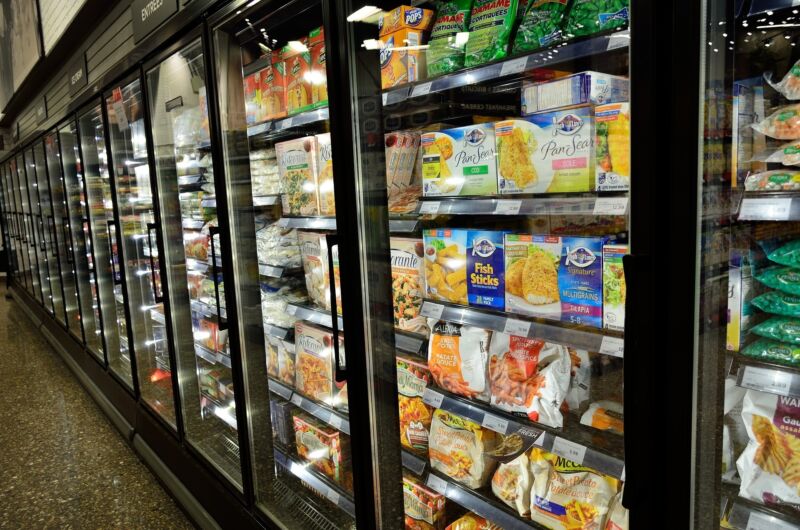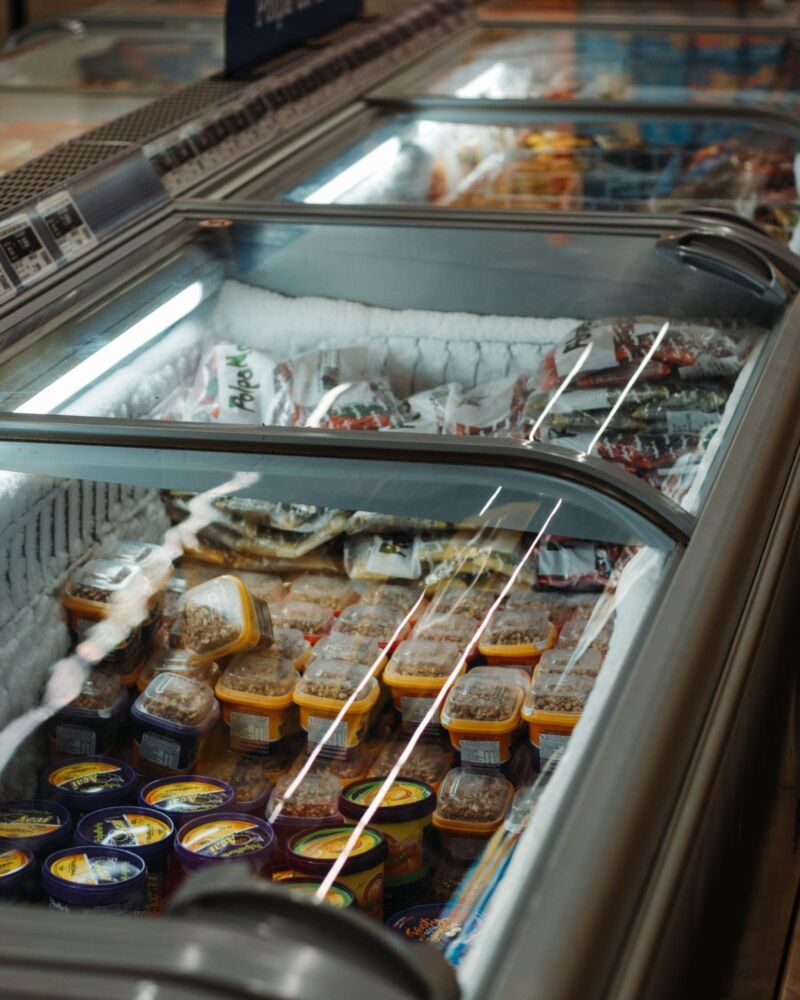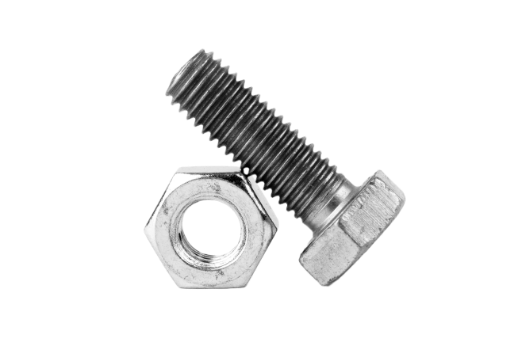
Caulk is an essential part of many construction and renovation projects, but it can also be used in freezer applications to great effect. Specialty caulks are a useful tool for sealing a commercial freezer or controlled environment space. Caulking is designed specifically with durability and flexibility as the priority, so that you can be sure your job looks good, lasts long, and continues to work.

Whether you're a contractor installing a new freezer for a restaurant, or an owner dealing with maintenance issues for their own commercial freezer or cold storage unit, specialty caulks will get the job done. Using the right sealant can make all the difference when it comes to creating air-tight seals that keep your food safe and secure from extreme temperatures and moisture.
In this article, we will discuss the different types of caulks available, and why silicone caulk is the best choice for freezer applications. There are also helpful tips on how to apply freezer caulk successfully.
What is Caulk and Why is it Used?
Caulk is a type of sealant that is used in many commercial and residential applications, like kitchens, bathrooms, window frames, and more. As a professional contractor, restaurant owner, or grocery store owner, it's important to understand the power of caulking.
Reasons to caulk:
- Prevent water intrusion
- Reduce energy costs by sealing gaps around windows or doors that allow hot or cold air to escape
- Cover unsightly cracks and uneven spaces in walls or flooring from the settling of new construction
- Protect the structural integrity of buildings from water damage over time due to accumulated moisture
In short, caulking is an essential tool for any business in helping maintain building integrity, as well as appearing aesthetically appealing for customers.
Different Types of Caulk
Acrylic Latex
Applying and smoothing out acrylic latex caulks is a breeze. They are the only type of sealant that can be cleaned with water. If you want an acrylic latex caulk that will hold up well and stay flexible, look for versions labeled siliconized or plus silicone.
Polyurethane
Poly caulks are typically more durable than other types of sealants, which makes them ideal for use in high-traffic areas or locations that experience drastic temperature changes.
Hybrid
Hybrid caulks usually include silicone and polyurethane for the best adhesion, flexibility, and durability possible. They're more attractive to apply than polyurethane, but not as clean looking as acrylic latex. However, in applications like commercial walk-in freezers, this is usually not an issue.
How Do Freezer Caulks Differ From Other Types of Caulks?
Caulks used in freezers are subjected to severe temperature extremes, especially cold. Standard exterior or interior silicone-based caulks are generally rated for temperatures between 20 degrees and 120 degrees Fahrenheit.
While a freezer will never reach the high end of these extremes, it will regularly exceed the lower level. A typical walk-in freezer used in commercial applications will maintain a temperature between -10 degrees and 0 degrees Fahrenheit (-23.33 to -18 degrees Celsius).
How Temperature Affects Caulk
If the temperature is below 40 degrees, many caulks will lose their adhesive qualities. If you're using caulk in frigid temperatures, you will need to get a type of low-temperature caulk that contains silicone or rubber.
Although latex caulking is best applied in temperate weather between 40 and 80 degrees Fahrenheit, other types of caulk can be used even in frigid conditions. In fact, high-performance caulks with a rubber or silicone base are less likely to freeze than their latex counterparts.

Which Caulk is the Best Choice for Freezer Applications?
Polyurethane sealers are an effective way to protect various surfaces, including wood, metal, plastic, masonry, aluminum, and stucco. They provide a waterproof and flexible solution that can withstand any temperature conditions. They are ideal for sealing gaps and joints on both the exterior and interior of structures - including walk-in freezers.
Dynatrol-I-XL-Hybrid is a Superior Caulk for Sealing Freezers
Dynatrol I-XL is a moisture-curing, single-component non-sag polyurethane sealant that is perfect for sealing joints between diverse materials with varying coefficients of expansion and contraction. Dynatrol I-XL can be used on both porous and nonporous surfaces. Once fully cured, it forms a low modulus rubber with amazing adhesion and can accommodate joint movement of up to 50% of the original joint width. Some more benefits of this product include:
- Less chance of swelling or bubbling where moisture is present
- No isocyanate
- Paintable.
- Can bind to most construction substrates, including plastics, metals, wood and stone. It is also designed to withstand joint movement of up to ± 50% (ASTM C920), even in low temperatures.
- In addition, this adhesive contains little or no solvent, contributes to less VOC; yields very low or no odor compared to other chemistries.
How to Apply Dynatrol
- In most cases, a sealant width-to-depth ratio of 2:1 is recommended. Nevertheless, depending on the dynamic conditions of the joint, you may need a minimum width 1/4” with depth 3/16” to keep the movement of your sealant.
- The surface you wish to seal must be clean from any debris or dirt, and described as follows: sound, smooth, uniform in size without defects. If the surface is wet or frozen, it must be dried/thawed before application of the sealant.
- In some cases, a primer may be necessary for the Dynatrol I-XL Hybrid to achieve optimal adhesion to common substrate materials.
- Use a masking agent on the joints for a polished look. Apply sealant in one continuous motion, with enough pressure to fill the joint and make contact with both sides of the joint. Use a tool to create a slightly concave shape in the sealant.
Seal Your Freezer For Maximum Protection: Get the Benefits of Dynatrol I-XL Hybrid Caulk From Fastener Systems
We carry the best products in every line we represent. Whether you need caulks, fasteners, or ceiling tees and suspension components, FSI has located the best manufacturers to provide you the highest quality materials available at a competitive price.
You can shop online using our catalog or contact us today for personalized service!

